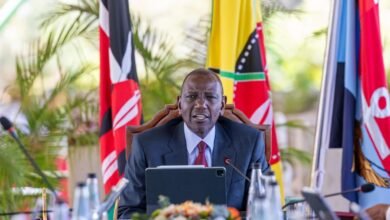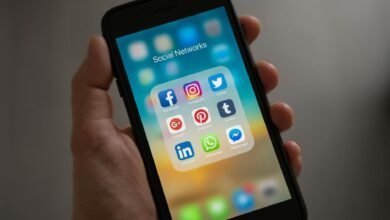
In a development that echoes the concerns raised earlier this year regarding potential internet shutdowns around global elections, Senegal has become a focal point of attention as it restricts mobile internet access amidst escalating political unrest. The decision by Senegal’s government to cut mobile internet access comes in the wake of protests against President Macky Sall’s postponement of the presidential election originally scheduled for February 25. The government cited the spread of “hateful and subversive messages” on social networks as the reason for the restriction, aiming to quell disturbances to public order.
This move has significantly impacted the nation’s connectivity, with many users in the capital, Dakar, and elsewhere reporting inability to access mobile data services. The contention revolves around a bill that could potentially extend President Sall’s tenure, igniting protests and violent confrontations between security forces and demonstrators. Opposition leaders have rallied supporters, leading to widespread unrest and the arrest of key figures.
The suspension of mobile internet services is not a novel strategy for Senegal, having previously employed such measures in June of the previous year during similar periods of political tension. The rationale provided by the government for these shutdowns—stemming the flow of incendiary content online—speaks to a broader discourse on the balance between maintaining public order and upholding the fundamental rights to freedom of expression and access to information. In this other article on Kenya’s Telegram Shutdown in November 2023, we get to see how governments can shutdown internet access, and ways to circumvent such blockades.
Internet access is increasingly recognised as a basic right, integral to the exercise of free speech, the right to information, and the facilitation of economic opportunities. The United Nations Human Rights Council has condemned measures to intentionally prevent or disrupt access to or dissemination of information online, emphasising that internet access is pivotal for the full realisation of human rights in the modern age.
The current situation in Senegal underscores a delicate balance between political demands, national security concerns, and the imperative to safeguard the rights to freedom of expression and access to information. This incident serves as a poignant illustration of the challenges faced by nations in navigating the digital age, where the power of the internet as a tool for both governance and dissent is continually evidenced.






